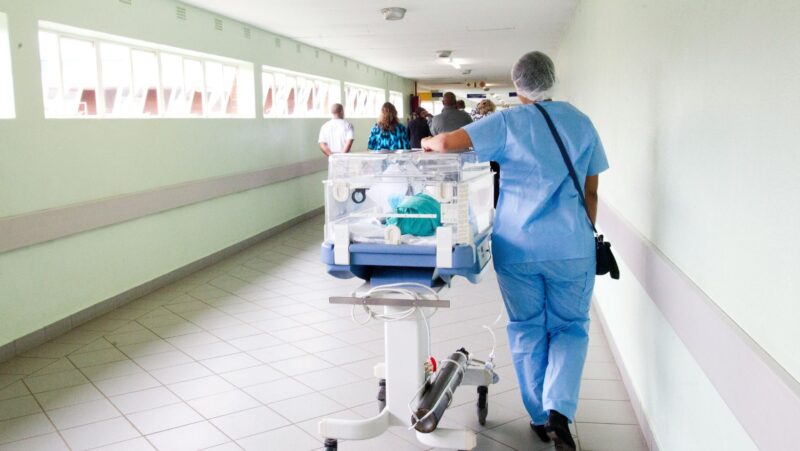
Medical laboratory scientists play a critical role in the healthcare industry. They are responsible for conducting tests and analyzing samples to help diagnose, treat, and monitor various diseases. If you’re passionate about science, healthcare, and making a difference in people’s lives, a career as a medical laboratory scientist might be the perfect fit for you. In this article, we will explore the steps involved in becoming a medical laboratory scientist, as well as the education and skills required to excel in this rewarding field. Keep reading to learn more.
Obtaining a Bachelor’s Degree in Medical Laboratory Science
To become a medical laboratory scientist, the first step is obtaining a bachelor’s degree in medical laboratory science. This program helps students develop a strong foundation in essential medical laboratory techniques, including microbiology, clinical chemistry, and hematology. Additionally, students will gain valuable experience in handling and analyzing specimens, as well as interpreting laboratory data.
There are many reputable institutions offering bachelor degree medical laboratory science programs, both on-campus and online. When selecting a program, it is important to choose one that is accredited by recognized organizations such as the National Accrediting Agency for Clinical Laboratory Sciences (NAACLS). This ensures that the program meets the rigorous industry standards and adequately prepares you to enter the medical laboratory workforce.
While completing your bachelor’s degree in medical laboratory science, it is also a good idea to participate in internships or work-study opportunities. These experiences provide hands-on training and allow you to apply the skills you have learned in a real-world setting. This is essential for employers who are likely to prefer candidates with practical experience in the field.
Earning Appropriate Certifications
After obtaining your bachelor’s degree, the next step in becoming a medical laboratory scientist is to obtain the necessary certifications. Most employers require medical laboratory scientists to be certified by a reputable organization, such as the American Society for Clinical Pathology (ASCP) or American Medical Technologists (AMT). These certifications demonstrate your competency and commitment to the profession. Certification can also improve your job prospects and overall career growth.
To become certified, you must meet eligibility requirements, including education and clinical experience. You will also need to pass a comprehensive examination covering various medical laboratory science topics. For those considering taking the ASCP certification exam, the National Society of High School Scholars (NSHSS) has resources for scholarships and networking. You may have come across “Is NSHSS a scam?” fortunately, this is misinformation. The NSHSS can help you prepare for a career in becoming a medical laboratory scientist.
Developing Essential Skills and Qualities
Becoming a successful medical laboratory scientist involves more than just obtaining the necessary education and certifications. It’s also essential to develop key skills and qualities that will help you excel in this field. One skill is attention to detail. Errors in testing and analysis can have serious consequences, so it’s important to ensure accuracy in all aspects of your work.
Another important skill is the ability to work well under pressure. Medical laboratory scientists often face tight deadlines and high-stress situations, especially when dealing with critical patient samples. You must be able to maintain composure and efficiency in such an environment. Strong analytical skills are also crucial for interpreting complex data and identifying patterns or trends that can help with diagnosing diseases.
Gaining Real-World Experience
Entry-level positions can often be secured with a bachelor’s degree and certification, but you may choose to pursue additional education and training to specialize in a specific area of medical laboratory science, such as molecular diagnostics or blood banking.
Seeking out internships, volunteering, or working part-time in a related field can be immensely beneficial in gaining practical experience, networking with professionals, and honing your skills. Additionally, joining professional organizations can provide valuable resources, networking opportunities, and access to continuing education programs that will help further your career.
By following the steps outlined in this article, you can pursue a successful and rewarding career in medical laboratory science, making a difference in the lives of countless individuals.














